There are few actresses with as towering a reputation as Lucille Ball, widely regarded as one of the best comedic actresses in the history of Hollywood. As the forthcoming movie Being the Ricardos demonstrates, she was as savvy behind the camera as in front of it.
And, given that she was a part of Hollywood for several decades, it’s worth taking a closer look at some of the key roles that defined her screen image and that demonstrated just how versatile she always was, as she was able to perform in both dramatic and comedic roles.
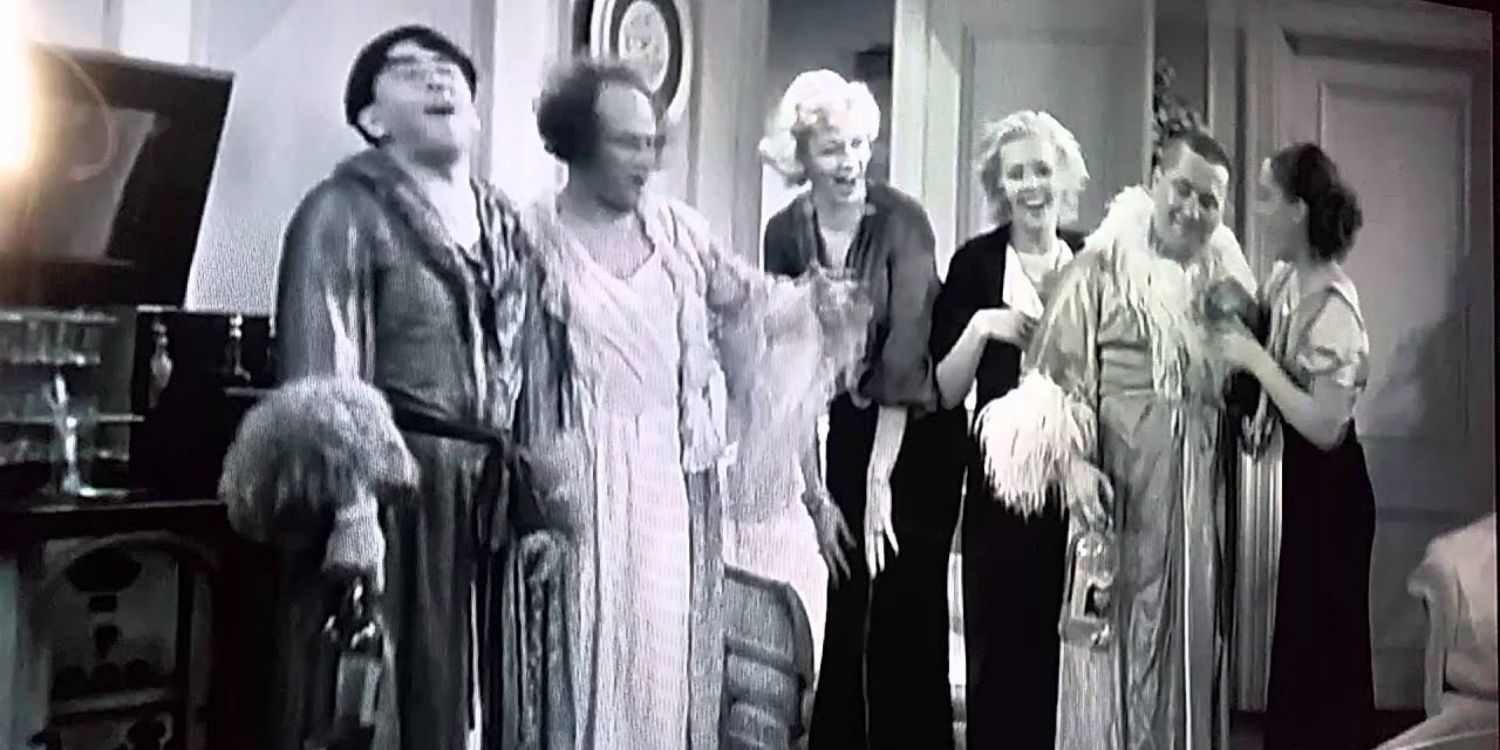
Ball’s comedic talents were on display very early on in her career, when she starred in a short movie with arguably three of the most important comedic actors of any generation, the Three Stooges. In this movie, Ball plays one of the young women charged with recruiting the Stooges to play football (which they, of course, have no idea how to do). Even this early on, it was evident that Ball had a knack for physical comedy and impeccable timing, which she would later use to such powerful effect in I Love Lucy.
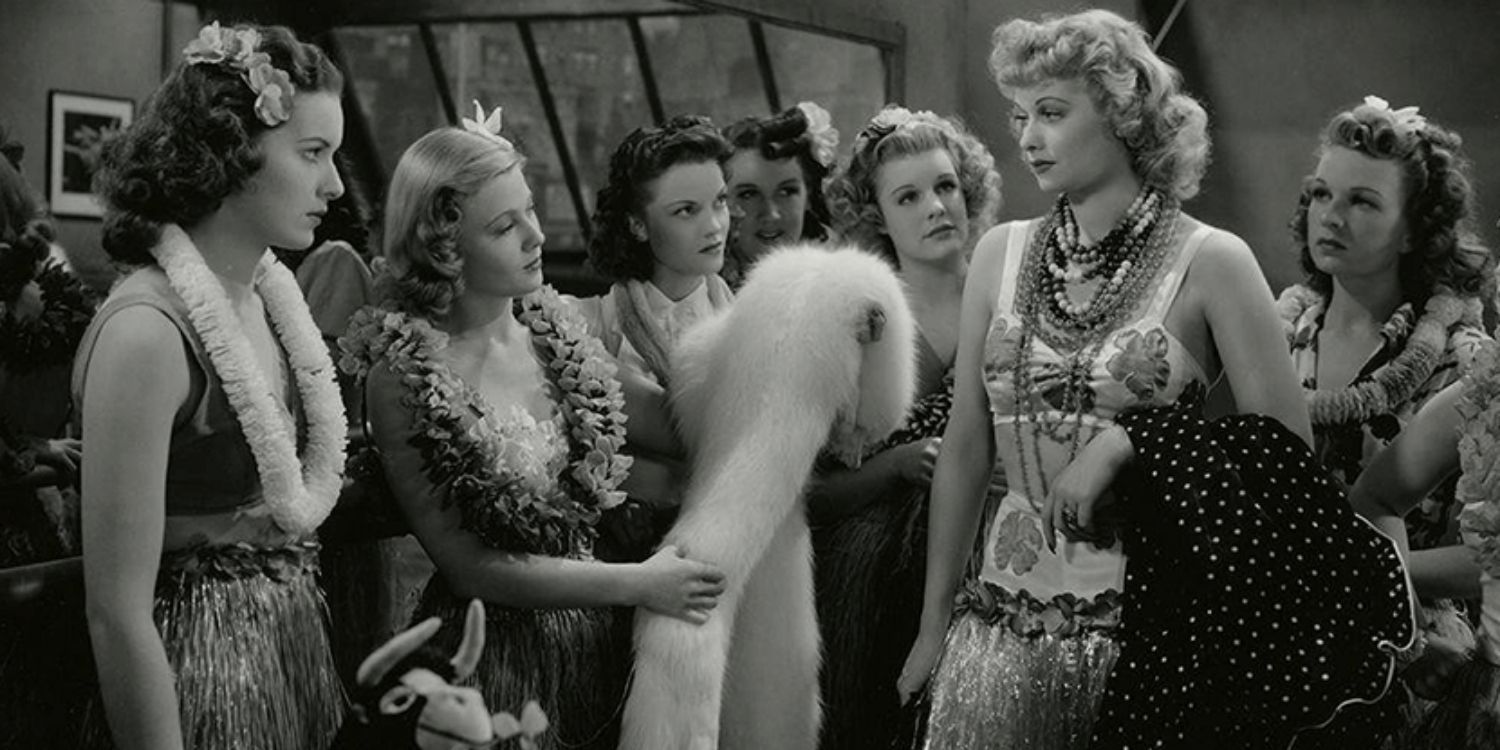
It’s no secret that women have struggled to attain directorial positions in Hollywood, but there are a few who have achieved at least some measure of fame. One of those was Dorothy Arzner, who directed this underappreciated movie from classic Hollywood.
This movie demonstrates just how versatile of a performer Ball could be, as she plays the character of Bubbles, a rather cynical and ruthless actress who feels challenged by a younger woman also trying to make it on the stage.
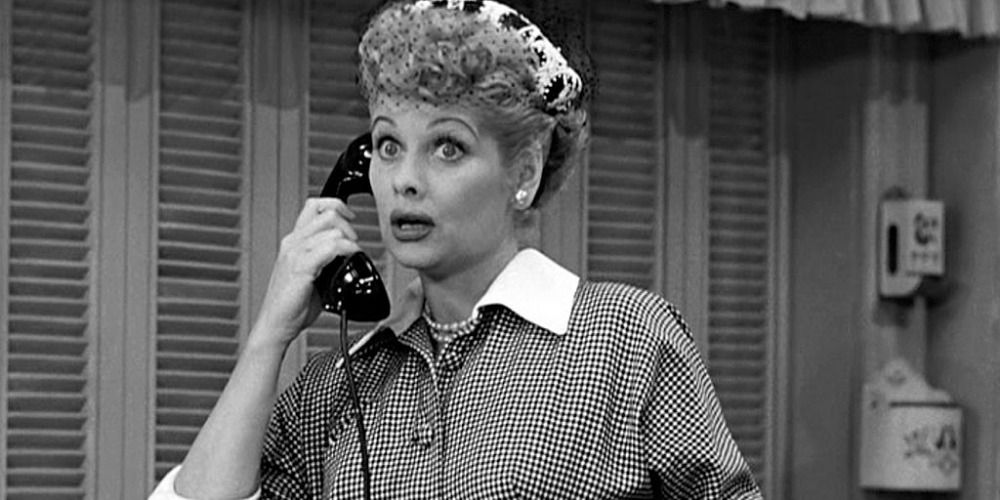
In some ways, I Love Lucy has come to dominate what everyone knows about Lucy, and that is understandable, given that it was a groundbreaking series when it was released in the 1950s. In fact, in many ways it pioneered many of the elements of the sitcom that still persist. There’s also no denying that Ball was in her best form as the character of Lucy, someone who seemed to create chaos no matter where she went or what she was trying to do.
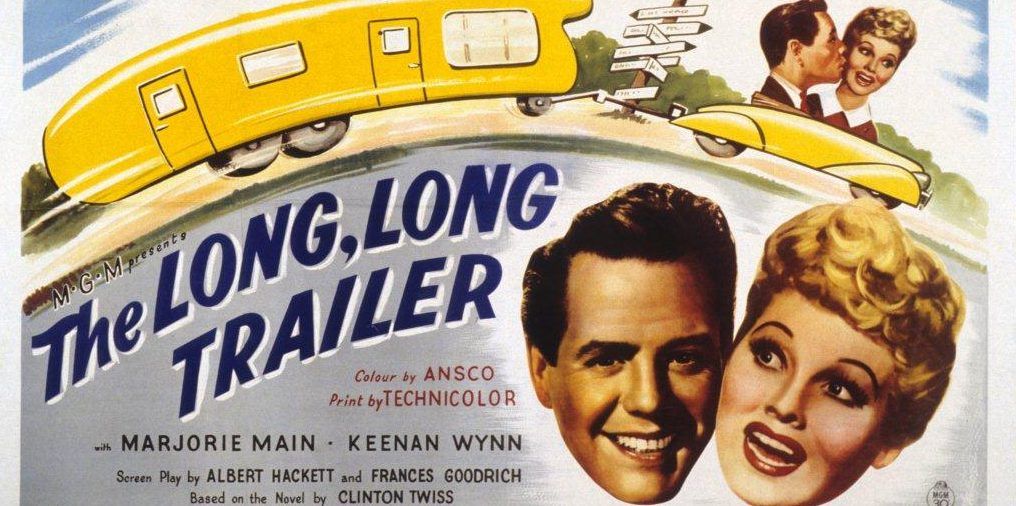
Given the enormous success of I Love Lucy, it was perhaps inevitable that Ball and Arnaz would attempt to capitalize on that in movie form, and the result was The Long, Long Trailer. Their dynamic rapport is very much in evidence in this movie, which focuses on a married couple who buy a trailer and decide to go across the country. Needless to say, they encounter all sorts of obstacles and problems in their journey, which puts a strain on their marriage.
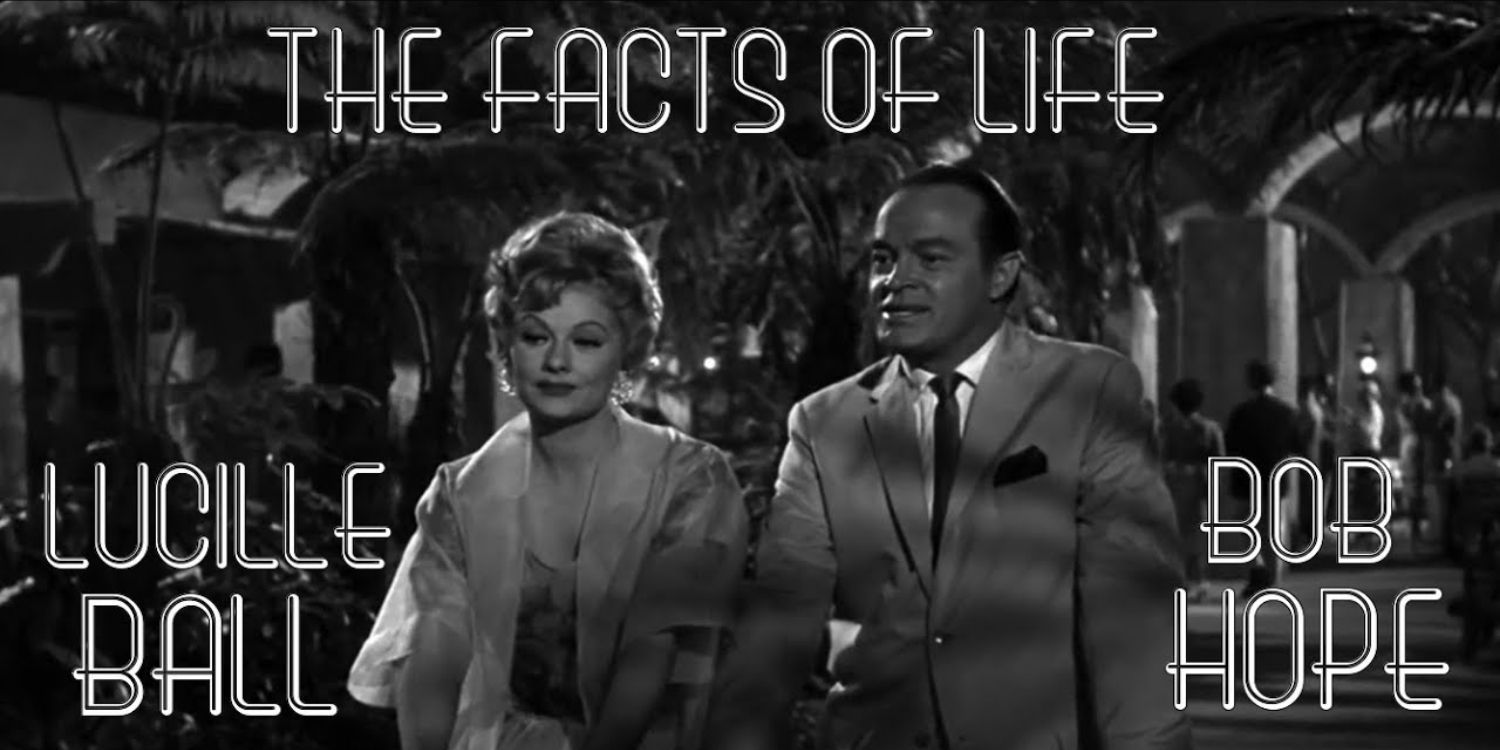
One of Lucille Ball’s great skills as an actress was in finding co-stars with whom she meshed almost perfectly, and this is very much on display in the 1960 movie The Facts of Life, in which she stars with none other than Bob Hope, one of the greatest comedy actors of all time. In the movie, they play two married people who ultimately fall in love with one another and have to decide whether to pursue a life together or stay with their spouses. As with all great comedies, it manages to find the human drama at the heart of the story.
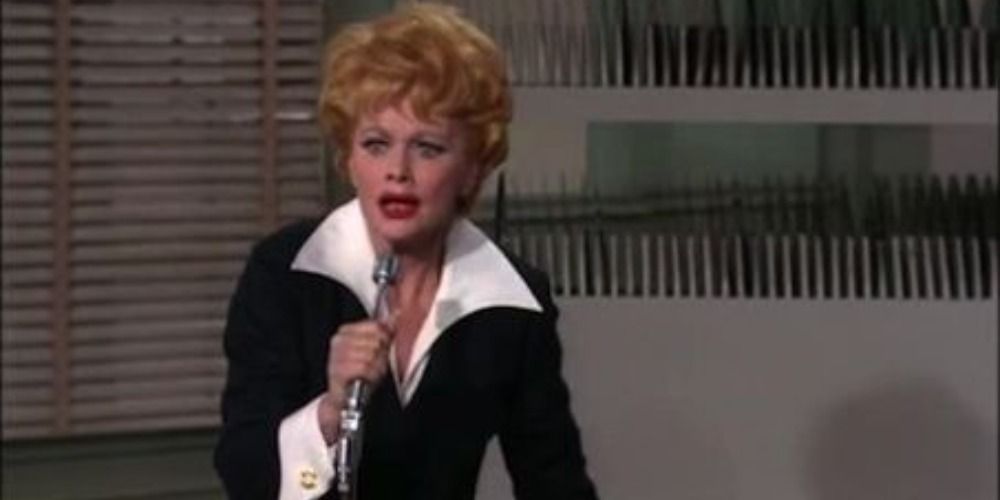
Even though she was very adept at being a movie actress, Ball’s most consistent success always came in television. While I Love Lucy would become a canonical sitcom, it wasn’t her only effort, and in the following decade she would once more headline a sitcom, this time entitled The Lucy Show. It once again showcased Ball’s formidable (and unrivaled) talents as a mistress of physical comedy, and Lucy lasted for several seasons with many iconic moments, demonstrating that Lucy didn’t need Desi to be a screen success.
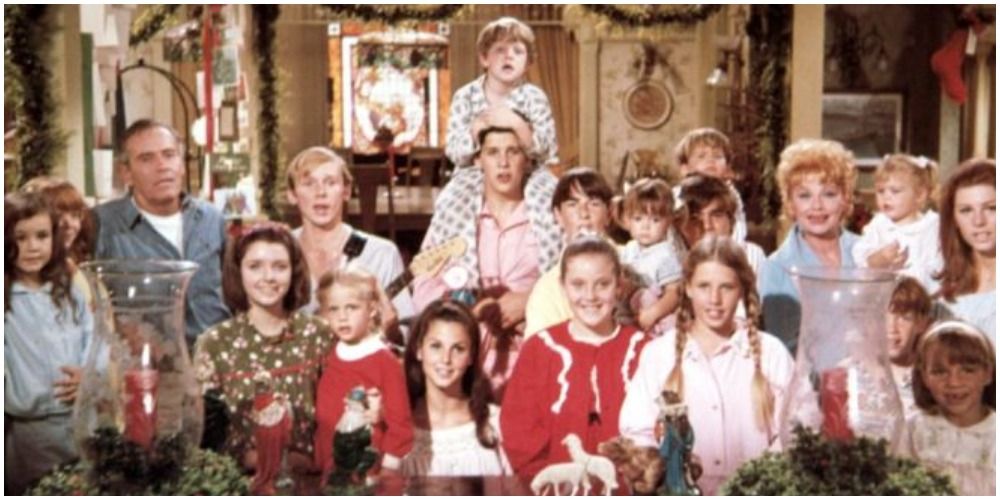
Yours, Mine and Ours is one of those blended family comedy movies that have been popular at various times in Hollywood, and though it is rather formulaic, it features two dynamic talents in Lucille Ball and Henry Fonda (this being one of Fonda's best movies). They star as two widowed people, each of whom has numerous children, whose families ultimately come together when they decide to get together. Fonda and Ball have a potent chemistry, and the movie has aged particularly well, maintaining its quaint and charming form of comedy.
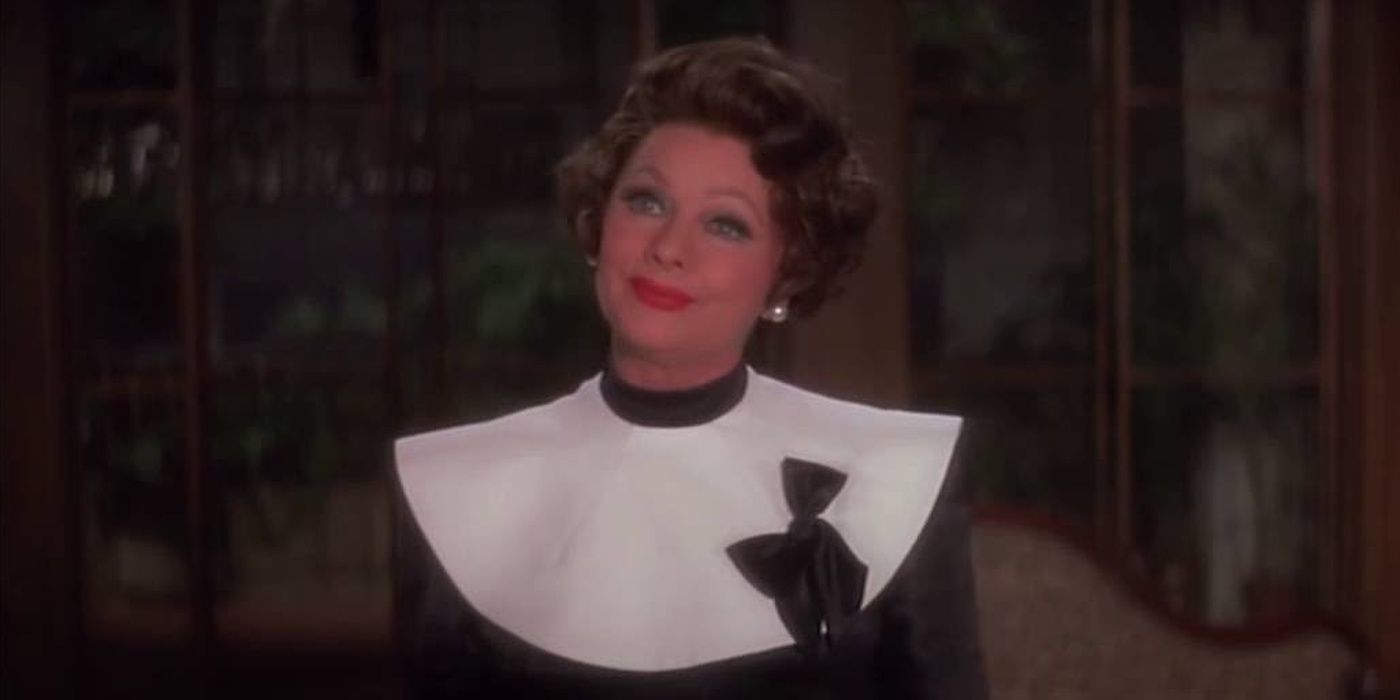
Even though many of Ball’s movies were well-regarded, the reception of Mame, the adaptation of the hit stage musical, were and are still very divided. Though Ball wasn’t a star of the musical form, she nevertheless brings a powerful warmth to the character of Mame, the grand dame who takes her young nephew under her charge. And, as she always does, Ball demonstrated that she had a knack for comedic timing that allowed her to take the role and make it her own. While Mame may not be one of the best movie musicals, it still has much to offer.
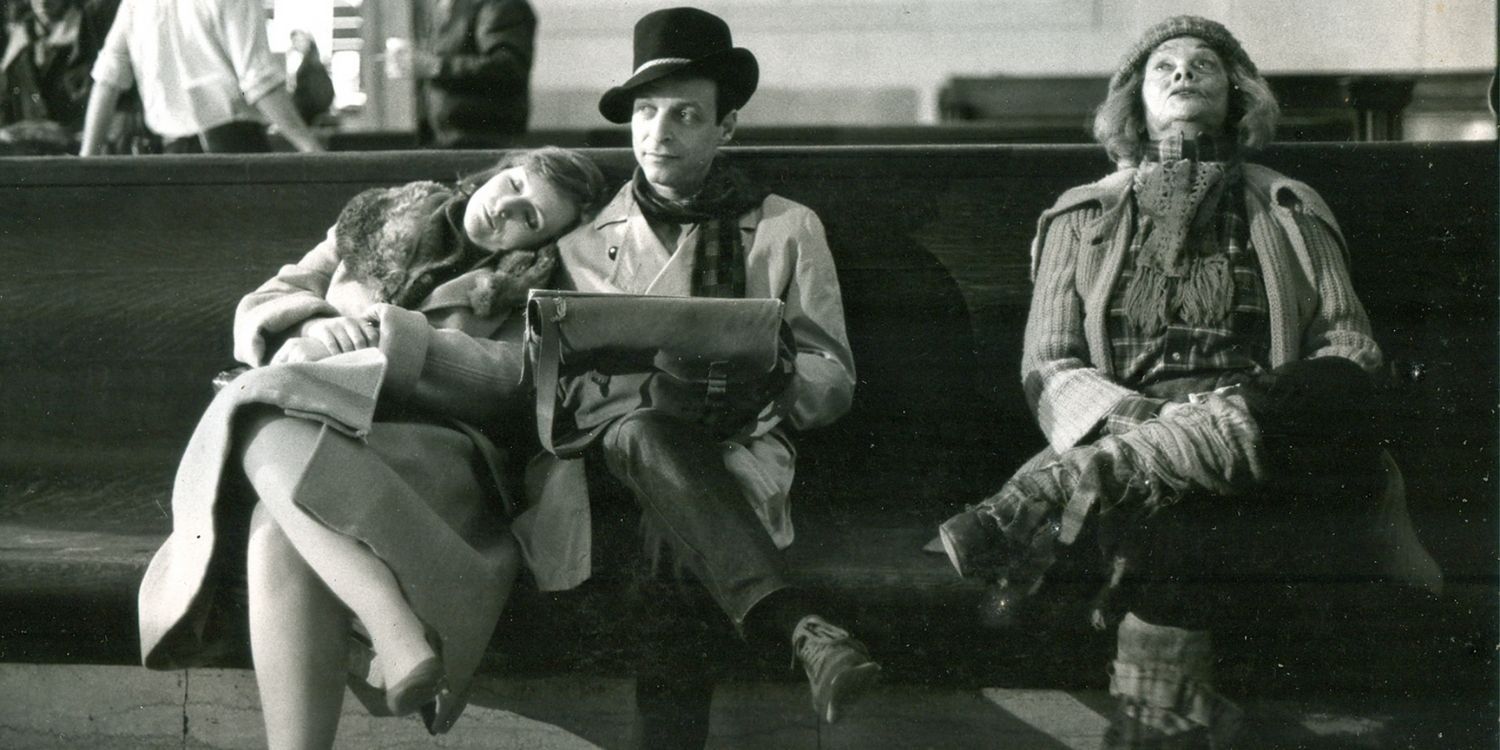
Even though many actresses might have thought about retiring as they entered into their seventies, that wasn’t true of Ball, who was determined to keep acting and stretching her performance muscles. One product of that effort on her part was Stone Pillow, a made-for-TV movie in which she played a homeless woman.
Just as she was able to imbue all of her comedic roles with the power of the human, in this movie Ball wrenches the pathos out of one of her notable dramatic roles.
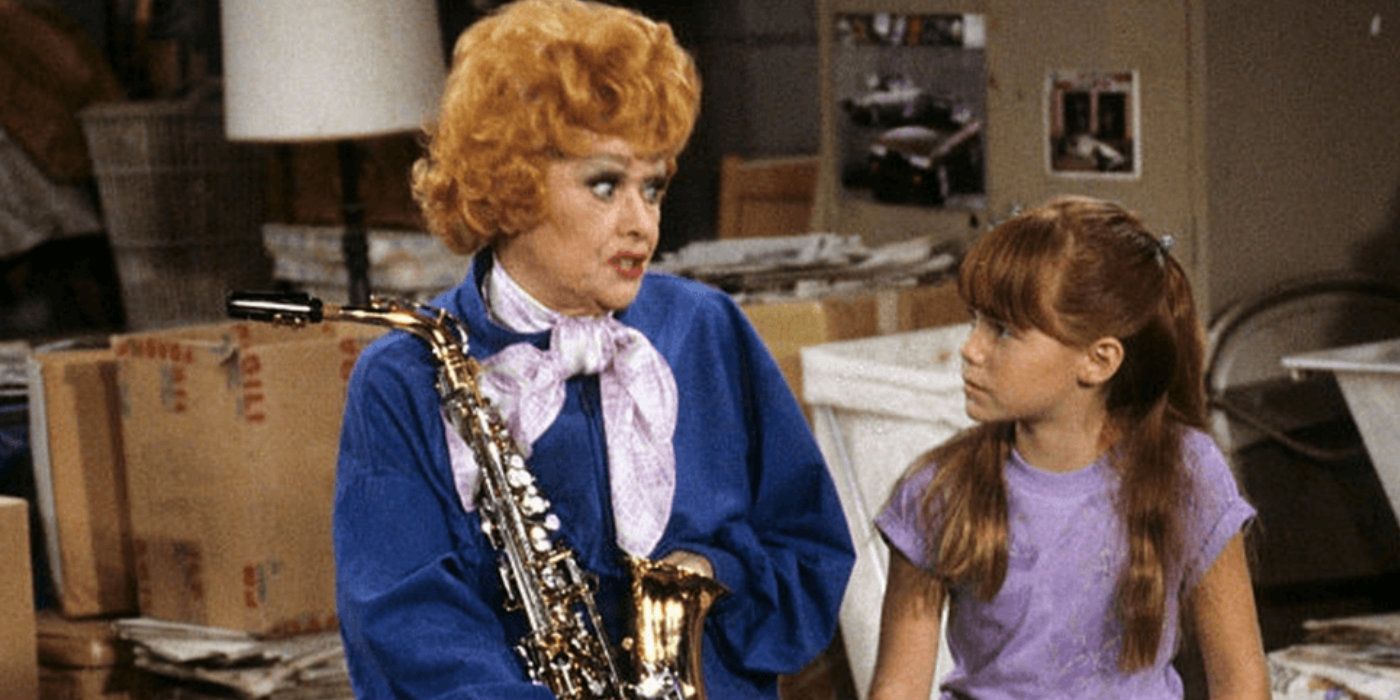
Life With Lucy has the dubious distinction of being regarded as an unfortunately bad sitcom, but it is even more notable for being one of Lucille Ball’s last efforts before her death in 1989. Though it is a fairly standard premise - in which Ball plays a widow who wants to interfere in the running of a hardware store - it’s clear that Ball, even in her later years, still knew how television worked and was determined to keep her career going no matter what the costs might be to herself.
from ScreenRant - Feed https://ift.tt/3ra4p7Q


0 Comments